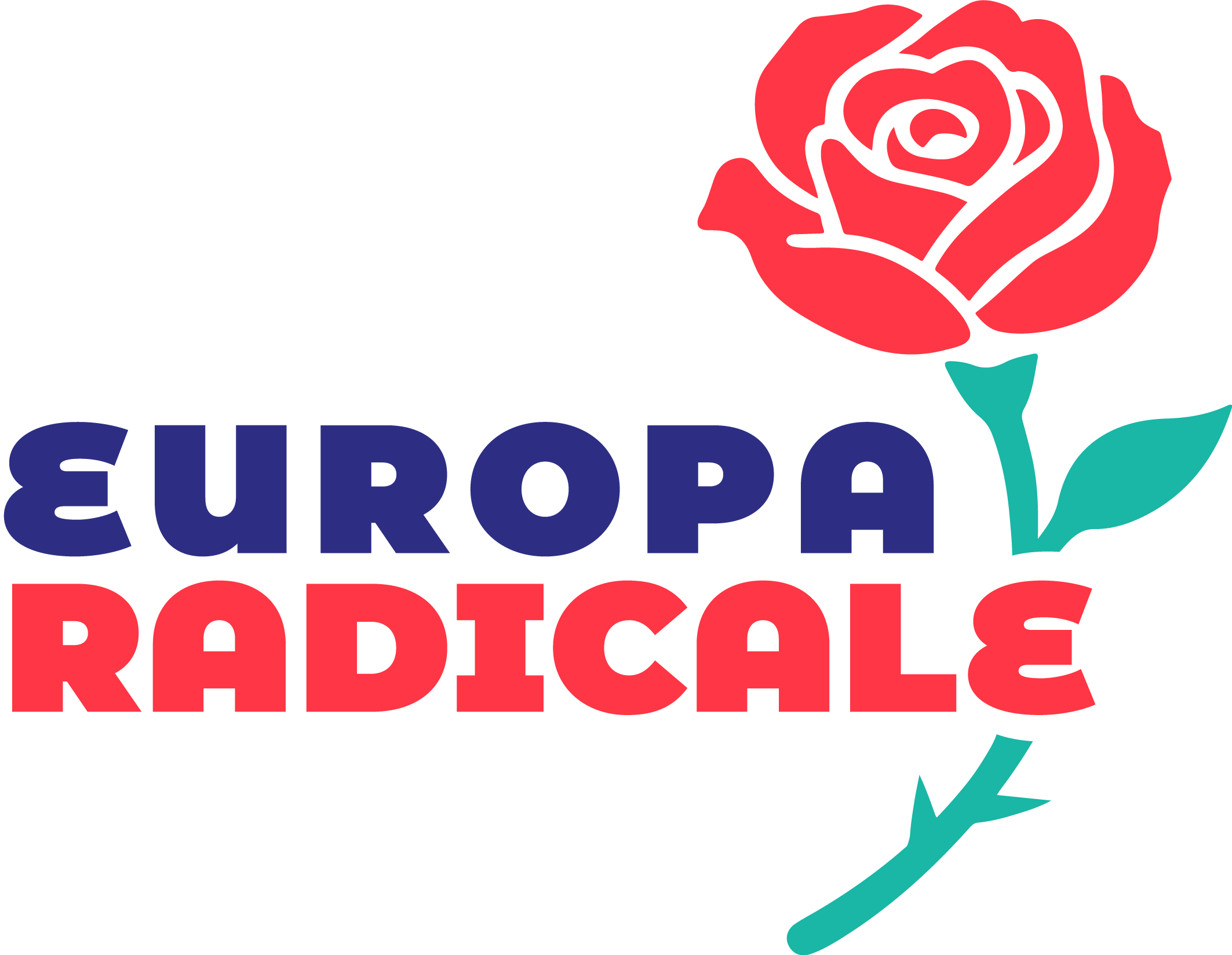The parliamentary elections scheduled for October 26th in Georgia represent a watershed moment between the possibility of fully embracing democracy or, conversely, becoming a satellite of the Kremlin, and fall towards an autocratic drift.
On 8th August 2008, the Russian Federation’s army invaded the Georgian territory under the pretext of intervening in defense of the separatists in Abkhazia and South Ossetia. Following the war, Russia continued to occupy Abkhazia and South Ossetia, in violation of the ceasefire agreement of August 12, 2008. Throughout this period, neither the European Union nor the United States imposed any sanctions against the Russian Federation. In 2021, the European Court of Human Rights determined that Russia maintains “direct control” over the separatist regions and is responsible for serious human rights violations occurring there.
In October 2012, the “Georgian Dream” party, led by tycoon Bidzina Ivanishvili—whose fortune, amassed in Russia, is estimated at $4.8 billion, equivalent to nearly a third of Georgia’s GDP—came to power and aims to remain in power until 2036 (like Vladimir Putin). The signing of the Association Agreement between the European Union and Georgia in 2014, along with the granting of visa-free access to the EU and Schengen countries in 2017, created the misleading perception that Bidzina Ivanishvili and his “Georgian Dream” are pro-Western. Conversely, in recent years, there has been a gradual impoverishment of democratic institutions in Georgia: according to the latest World Press Freedom Index, Georgia has fallen from 61st place in 2018 to 103rd place. In the Corruption Perception Index, Georgia has dropped from 41st place in 2018 to 53rd in 2023. The Democracy Index developed by the Economist Intelligence Unit now classifies Georgia as a hybrid regime, with a score declining from 5.5 in 2018 to 5.2 in 2023.
Inspired by Moscow’s so-called “foreign agents law,” “Georgian Dream” approved a similar measure in the spring of 2024, just months before the upcoming parliamentary elections on October 26th. The approval of this law—despite warnings from the West that such a decision would end Georgia’s EU accession process—demonstrates “Georgian Dream’s” willingness to trade European aspirations for the sake of retaining power.
Leveraging the trauma of the 2008 war, “Georgian Dream” presents the upcoming elections as a choice between peace and war, framing the message of peace as opposed to EU integration. In a display of great hypocrisy, “Georgian Dream” labels the West as the party of global war, accusing it of pushing Georgia to open a second front against Russia, while simultaneously promising to ensure Georgia’s EU membership by 2030. Furthermore, during its election rallies, “Georgian Dream” has repeatedly expressed its intention to outlaw the “National Collective Movement,” referring as such to the main opposition party and its allies. This “collective” is accused of being manipulated from abroad and of having caused the war with Russia in 2008. The unfounded and pretextual accusations made by “Georgian Dream” have been eagerly embraced by the Russian Federation; this mirrors the distortion of responsibility applied by Vladimir Putin in the Ukraine conflict: a foreign hand pushing local agents to attack Russia, which is forced to defend itself.
Finally it’s important to the remember that most popular political leader of Georgian opposition, Mikheil Saakashvili (former president of Georgia) has been held in prison and under trial for three years now, in a context that in is dramatically reminiscent of the one in which Russian dissident Aleksei Navalny has died .
Given these premises, it is evident that the upcoming parliamentary elections on October 26th are a crucial opportunity to end 12 years of increasingly unchecked power held by “Georgian Dream” and its “grey eminence,” Bidzina Ivanishvili, over Georgia’s institutions, and to prevent Georgia from becoming a protectorate of Russia, thereby interrupting its path toward the European Union, as desired by the overwhelming majority of Georgians.
The Georgian people, and especially the opposition forces to the regime in Tbilisi, can no longer be left alone by the European Union, as it has essentially been the case since 2008.
For all these reasons, it is appropriate and necessary for the media to provide accurate and consistent coverage of the ongoing electoral campaign in Georgia in anticipation of the parliamentary elections on 26th October 2024.
Finally, we join the request of the European Parliament (resolution 2024/2822 approved on 9th October 2024) to immediately and unconditionally release former President Mikheil Saakashvili on humanitarian grounds, so that he can receive medical treatment abroad.
